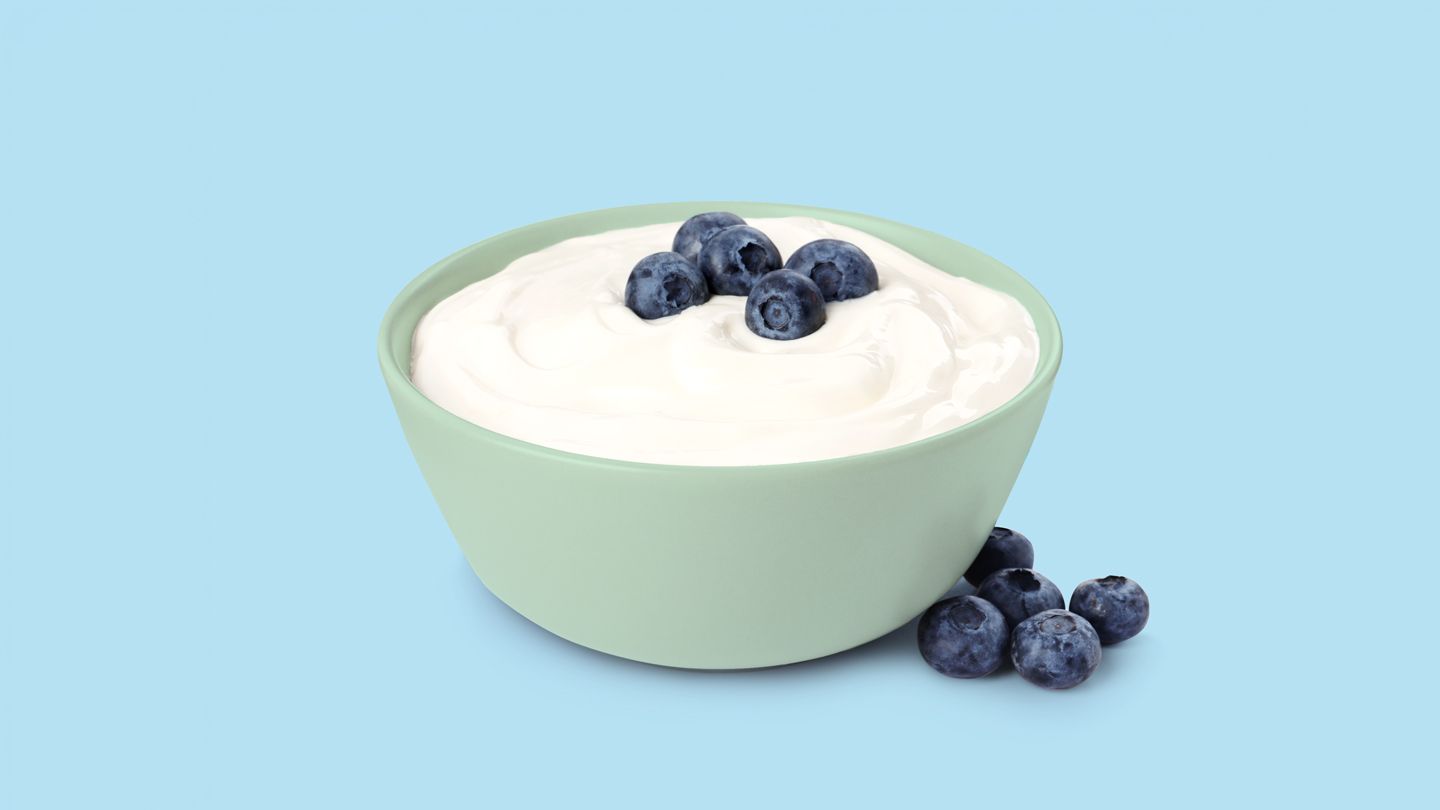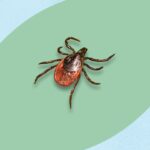When you’re always on the move, it can be difficult to find nutritious snacks that can support a healthy lifestyle and help you manage heart disease. Many prepackaged snack foods are ultra-processed and contain high amounts of sodium, saturated fat, and added sugar. When consumed in excess, these foods can contribute to a higher risk of obesity and diabetes.
Keep in mind that heart-healthy snacks should not replace any medications prescribed or recommended by your doctor. These foods should act only as a complement to your treatment plan.
1. Whole-Grain Crackers With Hummus
“Snacks can be planned to combine different components of heart-healthy foods,” Dr. Gordon says. She recommends hummus with whole-grain crackers or cut-up vegetables as an example.
Whole grains are a good choice for heart health because they’re rich in dietary fiber, B vitamins, iron, and other nutrients. High-fiber foods can improve your cholesterol levels and reduce your risk of stroke and diabetes.
Hummus, the other ingredient in this nutritious snack, contains chickpeas, a legume. Chickpeas are also rich in fiber, as well as protein and unsaturated fat. Research suggests they can reduce LDL cholesterol and lower your risk of heart disease.
2. Air-Popped Popcorn
If you have a busy week ahead of you, try making a big batch of air-popped, lightly seasoned popcorn in advance, Gordon says. You can separate servings into snack bags that are easy to bring with you. Avoid adding butter, which contains saturated fat. Instead, aim to stick with low-sodium or no-sodium seasonings. One example is fortified nutritional yeast, which is packed with vitamins and minerals and can provide a satisfying umami flavor.
If you’re not able to prepare popcorn ahead of time, you can find air-popped popcorn at most convenience or big-box stores. Be sure to check the ingredients label to make sure it has less than 100 milligram (mg) of sodium and that it contains no saturated fat.
3. Blueberries With Low-Fat Yogurt
If you have a busy afternoon ahead, consider throwing some blueberries in a bag to bring along with you. Most convenience stores now have low-fat yogurts that you can pair with the berries. Try to opt for plain yogurt, which naturally has no sugar added.
Consuming low-fat yogurt may help decrease your risk of cardiovascular disease events and mortality, compared with full-fat versions. Research suggests that yogurt with probiotics can lower blood sugar levels and reduce subclinical inflammation, which is a risk factor for heart disease.
4. Low-Fat Cottage Cheese
Dr. Oen-Hsiao suggests low-fat cheese, such as cottage cheese, as another heart-healthy dairy option that’s easy to bring with you, and it pairs well with blueberries or whole-grain crackers. One cup of low-fat cottage cheese has 5 g.
Compared with full-fat cheese, lower fat options have less saturated fat and can play a role in decreasing your risk of coronary artery disease and type 2 diabetes. Low-fat cheese is less than 6 percent fat. This typically translates to no more than 3 g of total fat and 1 g of saturated fat in a 1 ounce (oz) serving.
When choosing any type of cheese, be sure to review its sodium content. Sodium is often added to cheese to help it retain its moisture and preserve it. But consuming a lot of sodium can cause higher LDL cholesterol levels.
5. Unsalted Almonds
In fact, a quarter cup of raw, unsalted almonds contains 6 g of protein and 3 g of fiber. Similarly, a quarter cup of walnuts has 5 g of protein and 2 g of fiber.
A bag of nuts is small enough and easy to throw in a bag. Nuts also don’t need to be refrigerated, making them a simple addition to your heart-healthy diet. “If you buy nuts, look for unsalted, raw nuts. Many nuts are roasted in oil and have added sugar and salt,” Gordon says.
Be sure to keep portion sizes in mind, though. Unsalted nuts can still be high in calories and fat. Aim to eat four to six servings per week, with one serving being 1 oz, or the size of a small handful.
6. Carrot and Celery Sticks
Vegetables are a key feature of a heart-healthy diet, with higher consumption linked to a lower risk of mortality. They’re also rich in dietary fiber and nutrients.
Carrot sticks are a good source of vitamin A, which helps your heart function properly. And celery sticks are rich in vitamin K, which helps produce proteins that prevent the hardening of arteries. They’re also low in calories and packed with fiber. For example, 1 cup of carrot strips contains 50 calories and over 3 g of fiber, while 1 cup of chopped celery has 14 calories and nearly 2 g of fiber.
Preparing carrot and celery sticks, along with other heart-healthy snacks, ahead of time can help you avoid snacking on less-nutritious options. “Snack prep is key to sticking with a heart-healthy diet,” Oen-Hsiao says. “If you have something prepared, you won’t be tempted to grab a quick bag of chips, cookie, or sugary drink.” But if you’re not able to prepare them ahead of time, many stores sell precut veggie sticks and snack packs for healthy eating on the go.
7. Apples With Peanut Butter
The American Heart Association recommends whole fruit, rather than fruit juices, because they’re a good source of dietary fiber.
“Firm fruit or fruit with skin can be taken on the go, such as an apple, banana, or easy-to-peel mandarin oranges,” Gordon says. Gordon and Oen-Hsiao both recommend pairing apples with peanut butter or almond butter to create a filling snack. Peanut butter can provide healthy fats, particularly monounsaturated fats, which are beneficial for heart health because they reduce LDL cholesterol levels.
When looking for a nut butter to pair with an apple, opt for those with only nuts and possibly salt as the ingredients. Avoid nut butters with added sugar or oils. Try to stick to serving sizes, too. A standard serving size is typically 2 tablespoons (tbsp). You can typically find single-serve packets of peanut butter at convenience and grocery stores.
One apple typically has 95 calories and contains 4 g of fiber, while 2 tbsp of peanut butter has around 191 calories, 2 g of fiber, and about 4 g of protein.
The Takeaway
- Heart-healthy snacks, such as those that are low in saturated fat, added sugar, and sodium, can protect your heart health and lower your risk of stroke, heart attack, and heart failure.
- Whole grains, nuts, and fruits and vegetables provide essential nutrients that can improve cholesterol levels and keep you feeling full.
- Nutritious snacks prepared ahead of time, such as carrot and veggie sticks and low-fat cheeses, may make you less likely to opt for a less-nutritious option when you’re hungry.
- Heart-healthy snacks should act as a complement to your heart disease treatment plan, not a replacement. Consider speaking with a registered dietitian-nutritionist for guidance on what to eat for your specific needs.
Read the full article here




